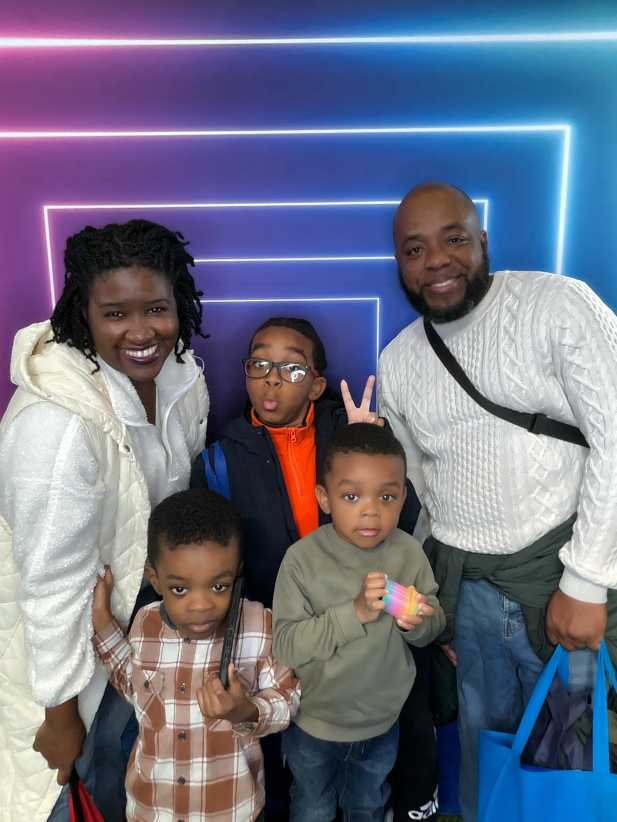
Many kids struggle with math at some point in their academic careers. Yet others show continuous math challenges that never seem to ease, regardless of the topic. Such children, if diagnosed, may in fact have dyscalculia. Kids with dyscalculia often become frustrated when completing math work, struggle to learn basic facts and simple concepts, and show difficulties with math terminology. Help your child with dyscalculia build stronger math skills with the ideas detailed below.
Teach Number Sense
Teach your young child to understand number values and concepts using concrete manipulatives. When teaching numbers, for instance, instead of simply writing the symbol for each number and hoping your child memorizes them, use balls of colored dough to demonstrate the values. For the number two, create two balls of dough; for the number three, create three balls; and so forth. You can also have your child draw pictures representing each value, like two stars for the number two or three houses for the number three. Then play “games” by adding or subtracting balls of dough. For example, show your child two balls of dough and ask him how many balls you presented. Then add two more balls and ask him to count all of the balls and tell you how many balls of dough you now have all together. You can try the same concept with subtraction. Start with five balls, for instance, then take one away and ask him how many balls are left. Later, you can transcribe the “problems” on a white board or sheet of paper as you play, like 2 balls + 2 balls = 4 balls, or 2+2=4; 5-1=4; and so on. Move at your child’s pace, starting with only concrete objects and eventually moving onto abstract equations.
Play with Dice
Many kids with dyscalculia rely on counting objects one-by-one to come up with an answer, rather than conceptualizing values. Try playing with dice to help your child recognize number patterns instead of always counting. Encourage her to visualize what specific numbers (1, 2, 3, 4, 5, and 6) look like on a dice, then play games! Start with two dice and two players. The first player rolls one dice and says the number, then rolls the second dice and says that number, and finally adds the numbers together, like 2+3=5. Then the next player does the same, and so on. Try a similar game for subtraction once she has grasped addition, and eventually write the math equations on a sheet of paper or white board like with the dough game. This will help her move from using objects to solve equations to completing problems with more fluency, while visualizing the value of each number from the dice.
[gravityform id=”18″ title=”false” description=”false” ajax=”true”]
Play Math Board Games
Help make math fun and avoid one dimensional tasks and worksheets by playing math games with your child. Try Sum Swamp, where players pick a “creature” and move though a “swamp”game board, solving addition and subtraction problems along the way. Head Full of Numbers is another fun game where players shake a funny-looking head filled with dice then use the dice to create equations using the numbers and symbols contained on a die in a given amount of time. Money Bags is another engaging game for learning coin and dollar values. Players move around a path, earning money by completing “chores,” like setting a table or doing other household activities. Don’t even tell your child you’re practicing math skills—just have fun!
Math Apps
Many kids can spend countless hours playing on a tablet or computer. Make this time productive by downloading some fun math apps to reinforce key concepts. Try Math Concentration for kids in grades pre-K-5, which is played like the classic game of Concentration, but focused on math. At the beginning level, kids match numbers to the appropriate number of dots, and eventually move onto shapes, multiplication facts, and fractions. Sushi Monster is a fun, colorful app, which gives kids in grades 2-4 practice with addition and multiplication facts and builds fluency with them. Splash Math is another colorful, animated app that kids in grade K-5 have fun engaging with, and covers all math concepts ranging from basic counting to telling time, place value, money, multiplication, and division.
Don’t let your child with dyscalculia struggle as the math demands of school inevitably increase. Instead, try these tools with your child and have fun while building key skills that will set the stage for academic success.
Dr. Emily Levy is the founder of EBL Coaching, a local tutoring program that specializes in one-on-one home and on-site instruction for students in grades pre-K-12. She is also the author of the workbook series Strategies for Study Success and Flags and Stars. To learn more about Emily Levy and EBL Coaching, visit eblcoaching.com!













